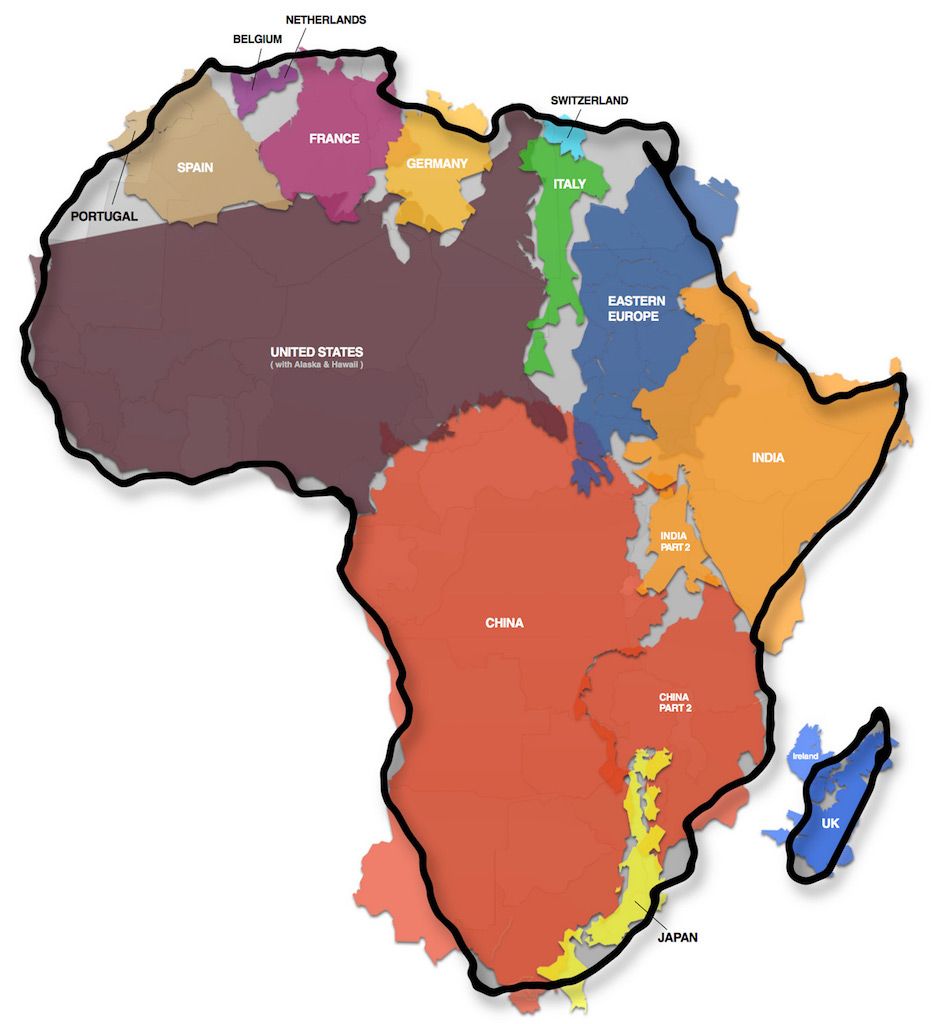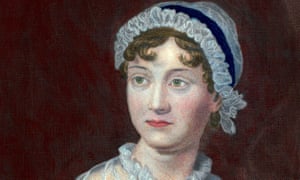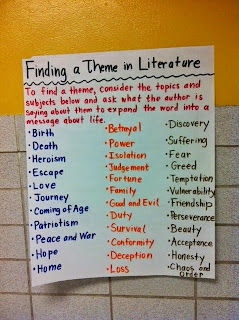Tuesday, March 31, 2020
Monday, March 30, 2020
Friday, March 27, 2020
Thursday, March 26, 2020
Wednesday, March 25, 2020
Friday, March 13, 2020
Friday, March 13th


Gloria Steinem (1934-): American journalist, political activist, and feminist. Ms. Steinem co-founded Ms. Magazine. In 1969, Steinem published an article, "After Black Power, Women's Liberation." This brought her international attention as a feminist leader. Ms. Steinem is also one of the founding members of the National Women's Political Caucus. From her website: "She is particularly interested in the shared origins of sex and race caste systems, gender roles and child abuse as roots of violence, non-violent conflict resolution, the cultures of indigenous peoples, and organizing across boundaries for peace and justice."
__________________________________________________________________
1. MAPS ARE COOL!
Pre-Colonial Africa
Colonized Africa 1870-1910
- Using the guiding questions below, take notes on both maps of Pre-Colonial Africa and Colonized Africa.
Describe what you see. • What do you notice first? • What size and shape is the map? • What graphical elements do you see? • What on the map looks strange or unfamiliar? • Describe anything that looks like it does not belong on a map. • What place or places does the map show? • What, if any, words do you see?
Why do you think this map was made? • Who do you think the audience was for this map? • How do you think this map was made? • How does it compare to current maps of this place? • What does this map tell you about what the people who made it knew and what they didn’t? • If this map was made today, what would be different? • What would be the same?
Why do Western Maps Shrink Africa?
New World Map- More Accurate


2. Continue reading Things Fall Apart-
Chapters 1-4 Reading Questions-
1. Why was Okonkwo famous?
2. Describe Unoka.
3. Why had the men of Umuofia called a meeting?
4. Where does the story take place?
5. What influence did the oracle have on decisions made in Umuofia?
6. What were Okonkwo’s greatest fear and greatest passion?
7. What upset Okonkwo most about his son, Nwoye?
8. What did Okonkwo bring home from his trip to Mbaino?
9. How did Okonkwo begin his prosperous career?
10. How did Ikemefuna react to living with Okonkwo’s family?
11. What unheard of thing did Okonkwo do during the Week of Peace?
12. How did the people view yams?
MAKE SURE YOU TAKE YOUR CHROMEBOOK/CHARGER PLUS TFA BOOK HOME OVER SPRING BREAK!
Remember to keep on READING SCHEDULE- Things Fall Apart
Thursday, March 12, 2020
Thursday, March 12th / Things Fall Apart Reading Schedule
Women's History Month:
"My Year of Reading African Women"- 15 Novels by African Women
1. Start Things Fall Apart by Chinua Achebe (CHIN-wa a-CHE-beh)
TFA Book Check Out
"The last four or five hundred years of European contact with
Africa produced a body of literature that presented Africa in a
very bad light and Africans in very lurid terms. The reason for
this had to do with the need to justify the slave trade and slavery.
… This continued until the Africans themselves, in the middle of
the twentieth century, took into their own hands the telling of
their story." (Chinua Achebe, "An African Voice", The Atlantic)
In your notes consider:
* What information can you pull from this quote about Achebe's purpose for writing?
* What might find its way into Things Fall Apart?
2. Start reading Chapter 1: Double column. Track PLOT and LITERARY DEVICES.
Character pronunciation:
Okonkwo: O-kon-kwo
Unoka: Ou-no-ka
Okoye: Oh-ko-yay
Umuofia– Ou-mwoff-yah
Ikemefuna– ikeh-Meh-fou-nah
Things Fall Apart Reading Schedule
Monday, March 23rd- Through chapter 5. (Page 45)
Thursday, March 26th- Through chapter 7 (Page 62)
Monday, March 30th- Finish Part 1 of Things Fall Apart
Wednesday, March 31st- Quiz over Part 1. (125)
Monday, April 6th- Through chapter 17 (153)
Thursday, April 9th - Quiz over Part 2 (167)
Tuesday, April 14th - Finish the book. (209)
Thursday, April 16th- Quiz over entire book.
For assistance with the names of Things Fall Apart, use the following guide:
Things Fall Apart Pronunciation Guide

"My Year of Reading African Women"- 15 Novels by African Women
1. Start Things Fall Apart by Chinua Achebe (CHIN-wa a-CHE-beh)
TFA Book Check Out
"The last four or five hundred years of European contact with
Africa produced a body of literature that presented Africa in a
very bad light and Africans in very lurid terms. The reason for
this had to do with the need to justify the slave trade and slavery.
… This continued until the Africans themselves, in the middle of
the twentieth century, took into their own hands the telling of
their story." (Chinua Achebe, "An African Voice", The Atlantic)
In your notes consider:
* What information can you pull from this quote about Achebe's purpose for writing?
* What might find its way into Things Fall Apart?
2. Start reading Chapter 1: Double column. Track PLOT and LITERARY DEVICES.
Character pronunciation:
Okonkwo: O-kon-kwo
Unoka: Ou-no-ka
Okoye: Oh-ko-yay
Umuofia– Ou-mwoff-yah
Ikemefuna– ikeh-Meh-fou-nah
Things Fall Apart Reading Schedule
Monday, March 23rd- Through chapter 5. (Page 45)
Thursday, March 26th- Through chapter 7 (Page 62)
Monday, March 30th- Finish Part 1 of Things Fall Apart
Wednesday, March 31st- Quiz over Part 1. (125)
Monday, April 6th- Through chapter 17 (153)
Thursday, April 9th - Quiz over Part 2 (167)
Tuesday, April 14th - Finish the book. (209)
Thursday, April 16th- Quiz over entire book.
For assistance with the names of Things Fall Apart, use the following guide:
Things Fall Apart Pronunciation Guide

Wednesday, March 11, 2020
Wednesday, March 11th


Women's History Month
Mary Wollstonecraft Shelley (1797-1851): English novelist. Child of famous author, philosopher, Mary Woolstonecraft, and political philosopher, William Godwin. Mary Shelley began a relationship with a then-married, Romantic Poet, Percy Shelley. They traveled together, and famously spent one summer in Switzerland with her husband, and poet, Lord Byron. It was during this time where Mary Shelley developed the idea for her most-famous work, Frankenstein, or The Modern Prometheus (1818).
_______________________________________________________________________
1. Finish Socratic Seminars today.
Tuesday, March 10, 2020
Tuesday, March 10, 2020
We will finish the 2nd half of our Socratic seminar on The Iliad and An Iliad tomorrow. Make sure that you have reflected on your first day's performance, and be ready to go tomorrow.
1. Read and Chill- 10 minutes
2. We are getting ready for our next book we will start reading on Thursday. It is called Things Fall Apart by Chinua Achebe. After you have read, please watch the following PowerPoint video and take notes in preparation to read.
Chinua Achebe Introduction Notes
3. Make sure you are ready for the 2nd half of the Socratic seminar tomorrow.
1. Read and Chill- 10 minutes
2. We are getting ready for our next book we will start reading on Thursday. It is called Things Fall Apart by Chinua Achebe. After you have read, please watch the following PowerPoint video and take notes in preparation to read.
Chinua Achebe Introduction Notes
3. Make sure you are ready for the 2nd half of the Socratic seminar tomorrow.
Friday, March 6, 2020
Friday, March 6th



Women's History Month
Jane Austen (1775-1817)- British author known best for her commentary on land owning and class at the end of the eighteenth century. Her famous works often address the issue of marriage as related to economic advancement or land growth. She wrote strong female protagonists who deliver strong opinions on the world in which they were born. Her works include: Pride and Prejudice, Emma, Sense and Sensibility, and Persuasion.
1. Read and Chill.
2. Seminar prep-
Reminders-
* You must have your 6 questions written BEFORE the seminar begins, or you won't get credit for the seminar.
* Review the Socratic scoring.
* Prepare your notes so they are easy to read and access.
Thursday, March 5, 2020
Thursday, March 5th, 2020

WOMEN'S HISTORY MONTH
Margaret Atwood (1939)- A Canadian novelist, poet, essayist, and teacher. She is an author of over 50 works. Her works include: Blind Assassin, Cat's Eye, The Handmaid's Tale, and The Testaments (The critically praised sequel to The Handmaid's Tale). In 2016 ,Atwood published her first graphic novel. Ms. Atwood's works challenge readers to think about politics, gender, and language in their own lives through the dynamic worlds she creates.
______________________________________________________________________
1. Socratic seminar preparation-
Scoring:
A. Number of comments
*No comments *2 -3 *4 -5 *6+
B. Quality of comments
*Doesn't speak *repeats others comments *original ideas *original, deep meaning comments
C. Text references
*No references *2 ref. to the text- vague *3-4 references to the text *5+ references
D. Literary devices references
*No references *1 literary device * 2 literary devices *3+
E. Demonstrates active listening/ willingness to ask questions
*No questions asked *Asks 1 question *Asks 2-3 question/Paraphrases prior statements
*4 questions/paraphrases
F. Costa's Level of Thinking
*What statements *What/some Why statements *What/little how/ little why *What/How/Why
2. Write 6 QUESTIONS for seminar.
YOU MUST HAVE QUESTIONS TO TAKE PART IN SEMINAR.
2 The Iliad questions
2 An Iliad questions
2 blended questions- both texts.
Question writing help:
Costa's Question Stems
3. Prepare notes for seminar on MONDAY, March 9th.
TOMORROW: Bring independent reading book.
Wednesday, March 4, 2020
Wednesday, March 4th

Chimamanda Ngozi Adichie (1977)- A Nigerian novelist, short story and non-fiction writer. She moved to the United States to attend college. Her stories often address navigating in the US as a person of color and how race and gender impact daily lives. Her works include: Purple Hibiscus, Americanah, and We Should all be Feminists.
Chimamanda Ngozi Adichie- "Danger of a Single Story" Ted Talk
25 Must Reads for Women's History Month
____________________________________________________________
 English 10 fame continues in Twitterverse.
English 10 fame continues in Twitterverse. 1. Continue watching An Iliad.
2 things to consider while while watching-
First: Lisa Peterson, the director and co-author, said about this play: "This Iliad is more about Homer than the Trojan War." In what ways is this play about the AUTHOR of The Iliad?
Second: What is this play's stance on war? What examples from the play support your ideas.
FIRST DAY OF SOCRATIC SEMINAR will be on MONDAY.
Tuesday, March 3, 2020
Tuesday, March 3, 2020
Virginia Woolf (1882-1941)- British Modernist author known for her use of stream of consciousness. She was a powerful voice in the women's right's movement and is often credited as an author to inspire feminism. She struggled with mental health from an early age. This would follow her throughout her life and ultimately led to her deathHer works include: Mrs. Dalloway and the short work, "A Room of One's Own."
_____________________________________________________________________
1. Continue watching An Iliad.
Focus on THEME- A universal issue and the stance or message that an author takes on this issue.
What is a major theme in The Iliad that is represented in An Iliad?

2. Schoology response:
1. Select ONE universal ISSUE that you feel is in The Iliad.
2. Think about what you think Homer's STANCE OR MESSAGE is on this universal issue. What does it teach us about life? (What advice is this offering us?)
3. Write out the theme such as this: Homer believes pride overrides all rational thought.
4. Now write without "Homer believes". Pride overrides all rational thought. THIS IS A THEME! (Make sure that it does not give any specific reference to the text.. it needs to be able to be applied to multiple texts)
5. Provide one example of how this is demonstrated in Denis O'Hare's An Iliad.
STRUCTURE LIKE THIS:
1. Pride
2. Homer believes pride overrides all rational thought.
3. Pride overrides all rational thought.
4. Hector returns to battle knowing he faces sure death.
Monday, March 2, 2020
Monday, March 2nd

Louisa May Alcott (1832-1888)- American author best known for writing Little Women (1871), based on the Alcott home. She grew up in a Transcendentalist home and around authors such as Henry David Thoreau, Ralph Waldo Emerson. Alcott was a suffragist, abolitionist, and feminist.
_______________________________________________________________________
1. Continue watching An Iliad.
To consider in today's viewing:
- What is the toll of telling the story of war, rage, hate on the poet? What does O'Hare do to demonstrate this toll?
- How does the portrayal of Agamemnon, Achilles, etc. compare to your reading of these characters in The Iliad?
- What do you notice about the theatrical presentation? The costuming?The lighting? The set? The music? How is it all complementary to the story that the Poet is telling?
Subscribe to:
Comments (Atom)
